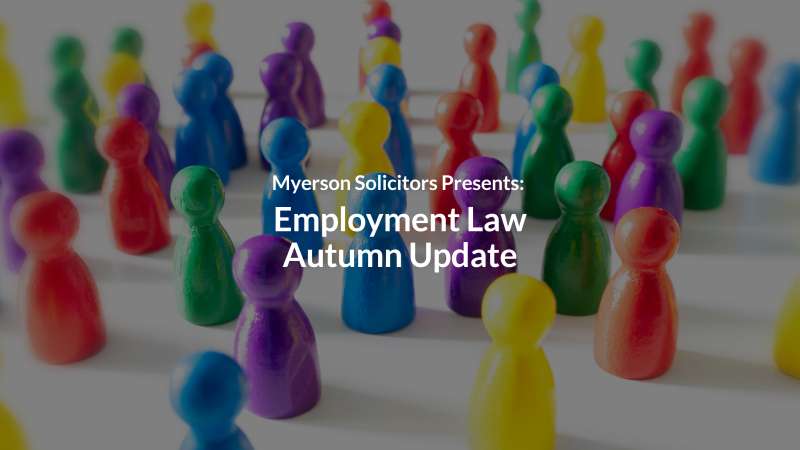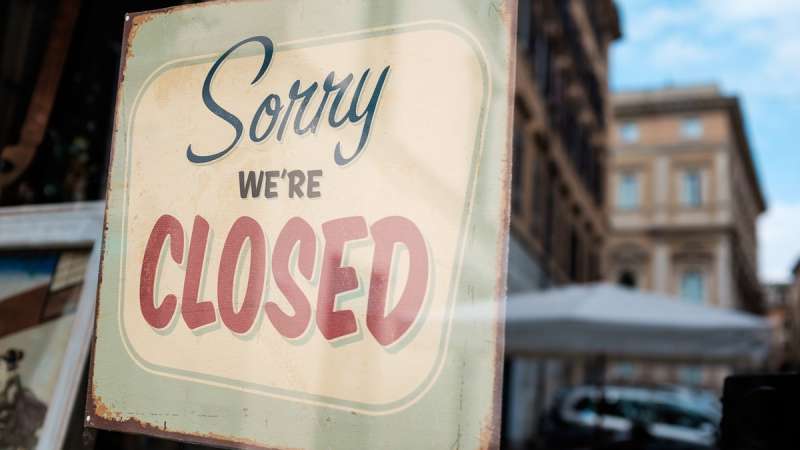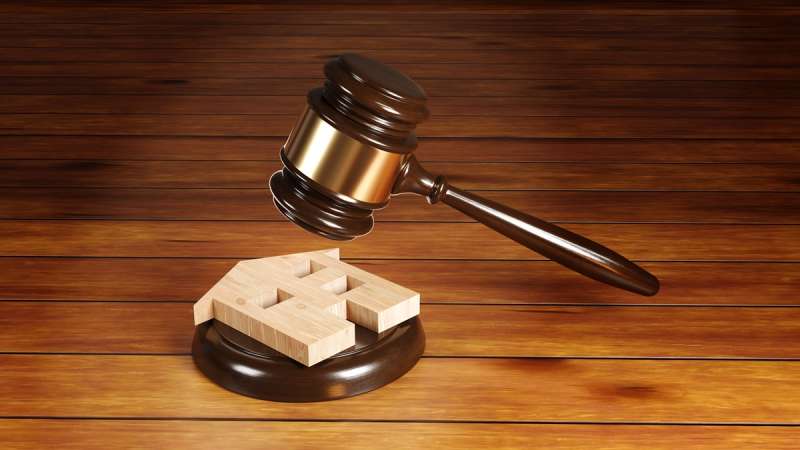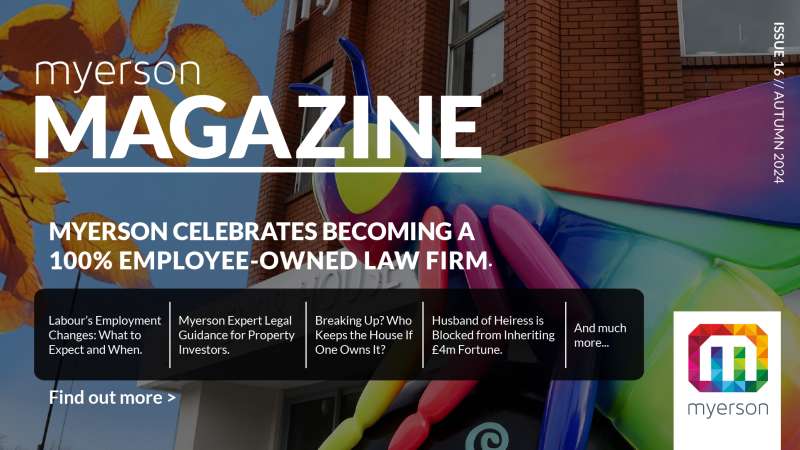
14
Employment Law Autumn Update 2024
Schedule: 8:30 AM - 9:00 AM - Breakfast Networking 9:00 AM - 10:00 AM - Talk / Live Stream Starts 10:00 AM - 10:30 AM - Networking Event Details: Join the Myerson Employment Team for breakfast as we bring you up-to-date on: Labour’s...
View EventFind what you're looking for here
Filter by content type, specialist area or date here...

19
Understanding The Upcoming Budget With forbes Dawson
With the forthcoming Budget expected to include a raft of tax measures, experts from Forbes Dawson will discuss the changes arising. This will likely focus on rumoured increases to capital gains tax and inheritance tax, which may impact future...
View Event
Recovering Assets After Company Dissolution: How Vesting Orders Can Help Beyond the 6-Year Time Limit
When a company is dissolved, its assets are often considered permanently lost, especially if more than six years have passed since its removal from the Companies Register. However, alternative legal options for recovering these assets exist, such...
Read Blog
21
Making Intellectual Property Work For You
In the rapidly evolving business landscape, intellectual property (IP) is one of the most valuable assets a company can possess. Yet, many businesses either underestimate its importance or lack a comprehensive understanding of their IP rights...
View Event
What Happens to a House When an Unmarried Couple Splits and Only One Partner Owns It?
There is a myth that when you live with your partner for a long period of time, you are in a “ common law marriage ”. However, the reality is that there is no such concept in England and Wales. Whether you have lived with your partner for one year...
Read Blog
Everything You Need To Know About Buying A Second Home
Do you aspire to purchase a second home? According to the English Housing Survey , 2.1 million households reported having at least one additional property, and the trend is not slowing. At Myerson, we recognise the difference between purchasing a...
Read BlogMyerson Helps Home Legal Direct ‘Move’ to Employee Ownership
Myerson Solicitors has announced the successful transition of its client, Home Legal Direct , to employee-ownership. Home Legal Direct, headquartered in Southend-on-Sea, Essex, maintains a network of conveyancing firms to bring clients competitive...
Read News
Husband of Heiress who Drowned in Denmark Cottage Pool Blocked from Inheriting £4 Million Fortune
In a recent case, a High Court judge has ruled that Donald McPherson unlawfully killed Paula Leeson by drowning her in the pool of their holiday cottage in an attempt to gain access to her £4.4 million estate. Our Contentious Probate Solicitors...
Read Blog
What Insolvency Options are Available For Distressed Retail Businesses?
The retail sector has been facing difficult market conditions recently. Statistics show that the number of retail insolvencies has increased 19% in the past year, from 1,843 in 2022/23 to 2,195 in 2023/24 (year-end 31 January). There are several...
Read Blog
How To Prepare for Refinancing Your Commercial Property
Someone might want to refinance their property for several reasons, such as a refinance with the same lender or a different one. The existing loan might end, a cashflow injection may be required, or more favourable terms might have been found with...
Read Blog
What Happens to Sub-Tenants if the Headlease is Forfeited, Surrendered or Disclaimed?
There are different consequences to the sub-tenants interest if a headlease is forfeited or surrendered. Our Property Litigation Solicitors explore the impact on a sub-tenant in both scenarios.
Read Blog
IP Advance: New Financial Support Scheme for SMEs Launched by the IPO
It’s no trade secret that intellectual property ( IP ) has the potential to drive growth and value for your business by delivering competitive advantages and creating new revenue streams. Therefore, it should be music to the ears of small and...
Read Blog
